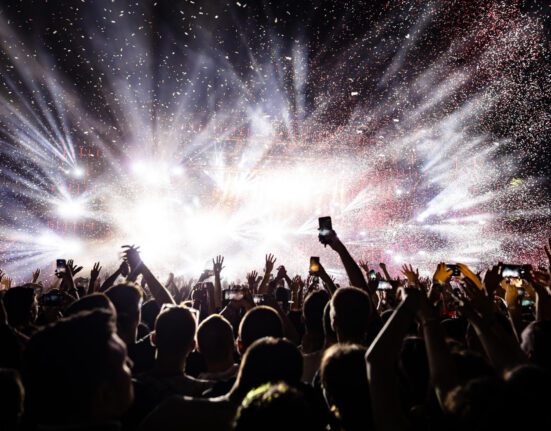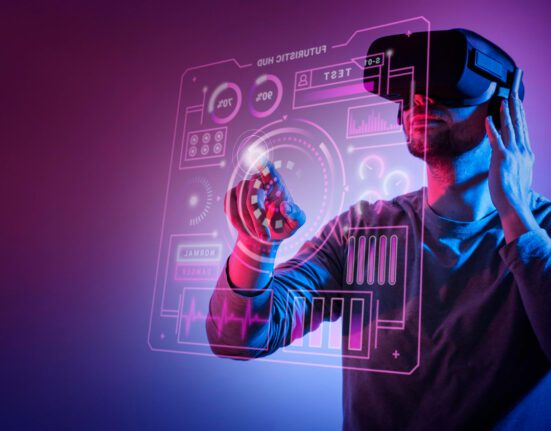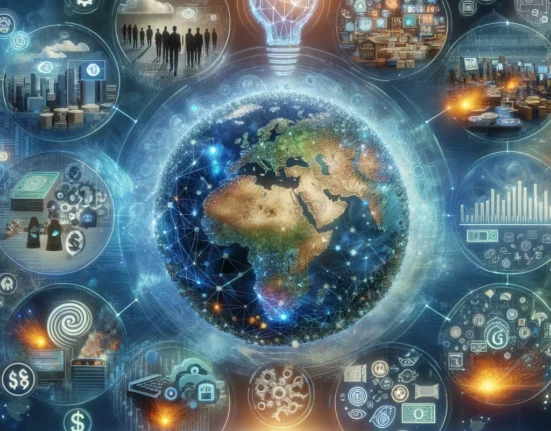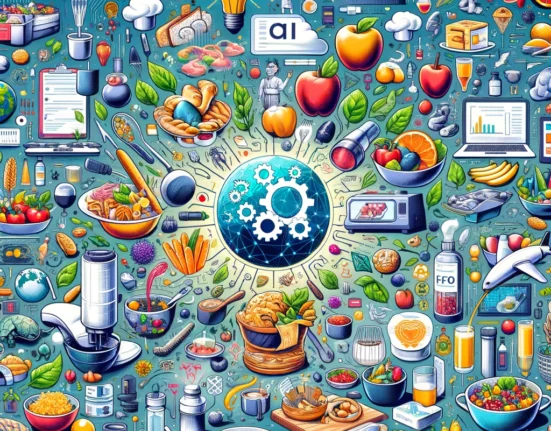The symphony of innovation continues as generative AI orchestrates a new era in music production. This transformative technology is not only composing melodies that resonate with the human soul but also redefining the very essence of musical creativity and collaboration. In this blog, we delve into how generative AI is influencing the music industry, from composition to sound generation and beyond.


The Digital Maestro: AI in Music Composition
Generative AI has stepped onto the music scene as a digital maestro, capable of composing pieces across genres—from classical symphonies to pulsating electronic beats. By analyzing vast datasets of music, AI algorithms can understand patterns, harmonies, rhythms, and structures, enabling them to generate new compositions that are both unique and aesthetically pleasing.
The Process Behind the Playlist
The process of generating music with AI involves deep learning models that are trained on a specific corpus of music. These models, such as Long Short-Term Memory (LSTM) networks, can predict the likelihood of note sequences, allowing them to produce music that follows the stylistic nuances of the training data. Some AI systems can even incorporate emotional cues, varying tempo, and dynamics to create music that evokes specific feelings or atmospheres.
Beyond Composition: AI’s Expanding Role in Music
Generative AI’s influence extends beyond composition to sound design, mixing, and mastering. AI algorithms can now generate entirely new sounds, imitate traditional instruments, and even create virtual singers with unique vocal characteristics. Furthermore, AI is being used to optimize music mixing and mastering, ensuring that the final track is balanced and polished.
Collaborative Symphonies: Human and AI Partnerships
One of the most exciting developments in AI music production is the collaboration between humans and machines. Artists and producers are using AI as a tool to inspire new ideas, explore uncharted musical landscapes, and enhance their creative workflow. These collaborations are producing innovative works that push the boundaries of genre and style, showcasing the potential of human-AI partnership in the creative process.
The Debate: Creativity, Copyright, and the Future
As generative AI continues to evolve, it raises important questions about creativity, copyright, and the future of music. Who owns the rights to AI-generated music? Can AI truly be creative, or is it merely replicating patterns it has learned? These debates are critical as we navigate the integration of AI into the creative arts and consider the implications for artists, composers, and the music industry at large.
Envisioning the Future of Music Production
The integration of generative AI into music production is just beginning. Future advancements could lead to more intuitive AI systems that better understand and respond to human emotions, creating deeply personalized musical experiences. As technology progresses, we may also see the emergence of new musical genres and the democratization of music production, making it accessible to more people than ever before.
Generative AI represents a profound shift in the way music is created, experienced, and appreciated. As we explore this new frontier, we are reminded of the limitless possibilities of creativity, the enduring value of human expression, and the transformative power of technology in art. The future of music production is not just about AI generating music; it’s about the harmonious blend of human creativity and machine intelligence, composing the soundtrack of tomorrow.
Stay tuned for the next post in our series, where we will explore the revolutionary impact of generative AI on content creation, from writing to video production.









